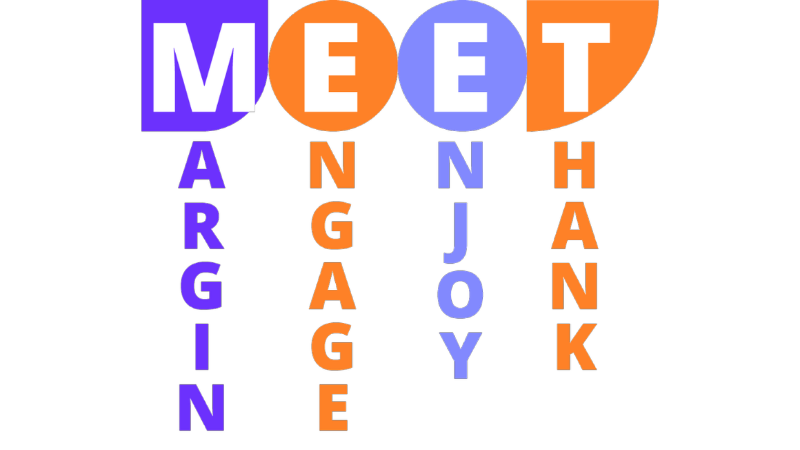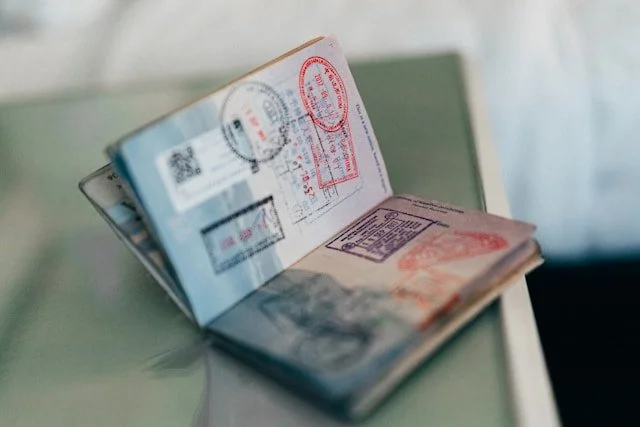It's Finally Time to Ditch WhatsApp For Good
WhatsApp has made the news yet again. And once again, it's because of controversy regarding their relationship with parent company, Facebook. If you've read much of the publicity you might think that not much changes and this is actually true for most WhatsApp users. Unfortunately though you aren't a typical user if you work with All Nations Family or in any way communicate and support workers engaging in sensitive locations. Unfortunately there are specific and significant changes being made which does effect us and these changes also highlight a problematic trajectory that should be of concern for those of us that work in, support or communicate with people in sensitive locations. So let’s dive a bit deeper to see what's going on.
Tackling the first issue regarding specific changes, WhatsApp now makes explicit in their terms that they share data with their parent company (Facebook). Yes, this has been true for awhile for many users but previously users could have taken an opt-out of this data sharing arrangement. Unfortunately the language in their terms surrounding the opt-out completely disappears on February 8th. Wired details these changes [1] if you'd like to read more about it. If you are a user that has opted out, there is no longer a legal guarantee that your data is protected from sharing (with exception of those in the EU where the GDPR is in effect). While WhatsApp has said that they will continue to honor prior opt-outs [4], their parent company Facebook has a history of playing fast and loose with user data so this is naturally concerning [6] [7] [8].
Now you might be thinking that WhatsApp encrypts messages and point to the fact that message content isn't currently shared. This is true but the metadata that surrounds it is shared (things like who the sender and receiver are, where they are located, who is in their address books, time of day, etc). It's important to highlight that metadata often is more important than the actual message content. A former NSA chief is on the record as saying, "We kill people based on metadata" after being asked if the government can tell everything they need to from it [2]. Whatsapp collects a lot of metadata that they do not need about you and about your contacts. Facebook collects even more metadata in their Messenger app. Signal, in contrast, collects nothing other than your signup phone number (which they expect to drop this requirement in the coming year) [3].
This brings me to the second issue: the trajectory of WhatsApp. Facebook has long been on the record as saying that they want to merge Facebook Messenger, WhatsApp and Instagram Messenger. This is very much a step in that direction. Part of what precipitated the current terms change is the integration of WhatsApp with Small Business components of Facebook Messenger [4]. This merging will likely continue to bring changes, particularly in the type of metadata WhatsApp collects. If you look midway through the linked article from Forbes [3], it gives an outline of the metadata collected by Signal, iMessage, WhatsApp and FB Messenger. WhatsApp collects significantly more than Signal and iMessage and FB Messenger collects significantly more than WhatsApp. Unfortunately this is what Facebook is wanting to merge WhatsApp into.
This is one of the reasons why one of the founders of WhatsApp invested so much in Signal when he left WhatsApp after Facebook's acquisition and it's something we should take seriously as well [9]. The metadata collected builds in depth profiles of individuals and enables detailed network maps of relational connections (yes, WhatsApp accesses your address book) and all of this data is controlled and monetized by Facebook. In 2018 they were caught sharing user data with Chinese firms as example [5] and everyone has probably heard and read about the Cambridge Analytica scandal [8].
For the average person this might not matter but most of us work with and relate to individuals working in sensitive places. An easy way to protect them (particularly if we communicate with them) is make better choices about the tools we use. If having WhatsApp on our phones is at all a risk than it should be easy to choose an alternative, especially since such a good one exists in Signal. If you absolutely can't get around WhatsApp, consider relegating it to a secondary phone lacking work and ministry information. Where this isn't possible, think through the contacts you have in your address book and remove any that could be negatively affected by a network map. Security and privacy really do make a difference.
[1]: https://www.wired.com/story/whatsapp-facebook-data-share-notification/
[2]: https://abcnews.go.com/blogs/headlines/2014/05/ex-nsa-chief-we-kill-people-based-on-metadata
[5]: https://www.reuters.com/article/us-facebook-privacy-congress-idUSKCN1J11TY
[8]: https://en.wikipedia.org/wiki/Facebook%E2%80%93Cambridge_Analytica_data_scandal
About the author: Brandon is a passionate disciple maker, coach and movement strategist with a background IT systems administration. He's particularly keen to explore the intersection of faith and technology and the ways that technology can both hinder and empower God movements today.
allnations.international











